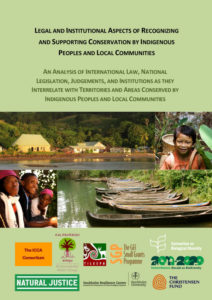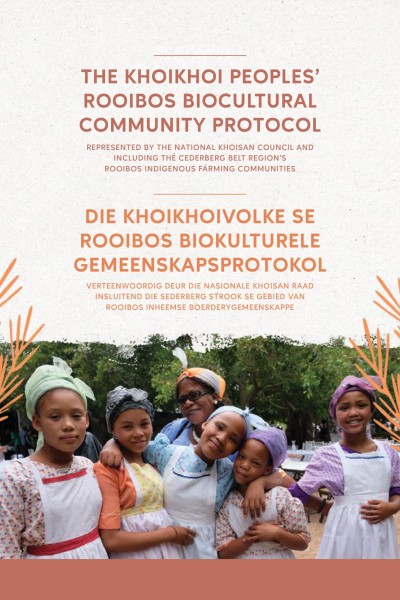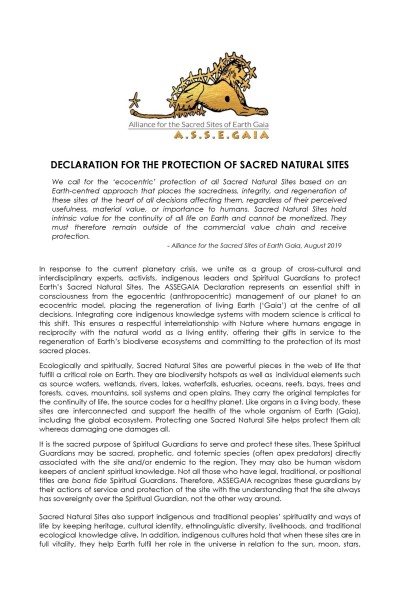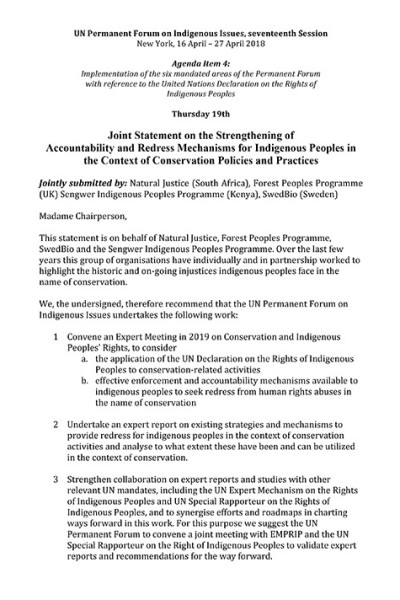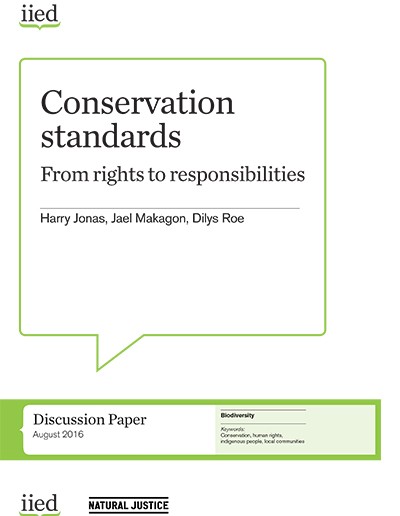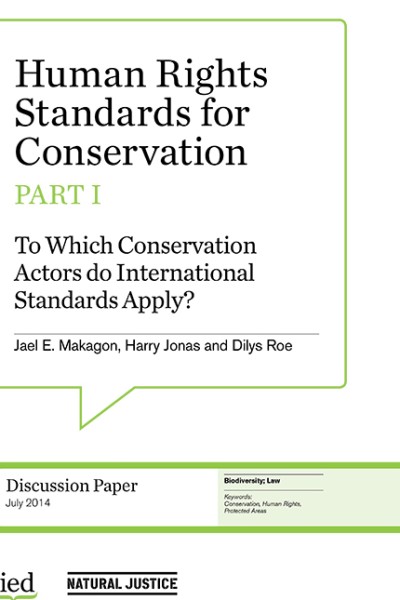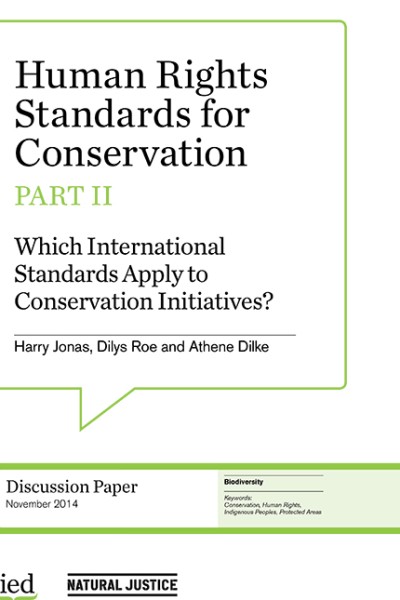Across the world, areas with high or important biodiversity are often located within Indigenous peoples’ and local communities’ conserved territories and areas (ICCAs). Traditional and contemporary systems of stewardship embedded within cultural practices enable the conservation, restoration and connectivity of ecosystems, habitats, and specific species in accordance with indigenous and local worldviews. In spite of the benefits ICCAs have for maintaining the integrity of ecosystems, cultures and human wellbeing, they are under increasing threat. These threats are compounded because very few states adequately and appropriately value, support or recognize ICCAs and the crucial contribution made by Indigenous peoples and local communities to their stewardship, governance and maintenance.
In this context, the ICCA Consortium conducted two studies from 2011-2012. The first (the Legal Review) analyses the interaction between ICCAs and international and national laws, judgements, and institutional frameworks. The second (the Recognition Study) considers various legal, administrative, social, and other ways of recognizing and supporting ICCAs.Both also explored the ways in which Indigenous peoples and local communities are working within international and national legal frameworks to secure their rights and maintain the resilience of their ICCAs. The box below sets out the full body of work from which this report is drawn.

